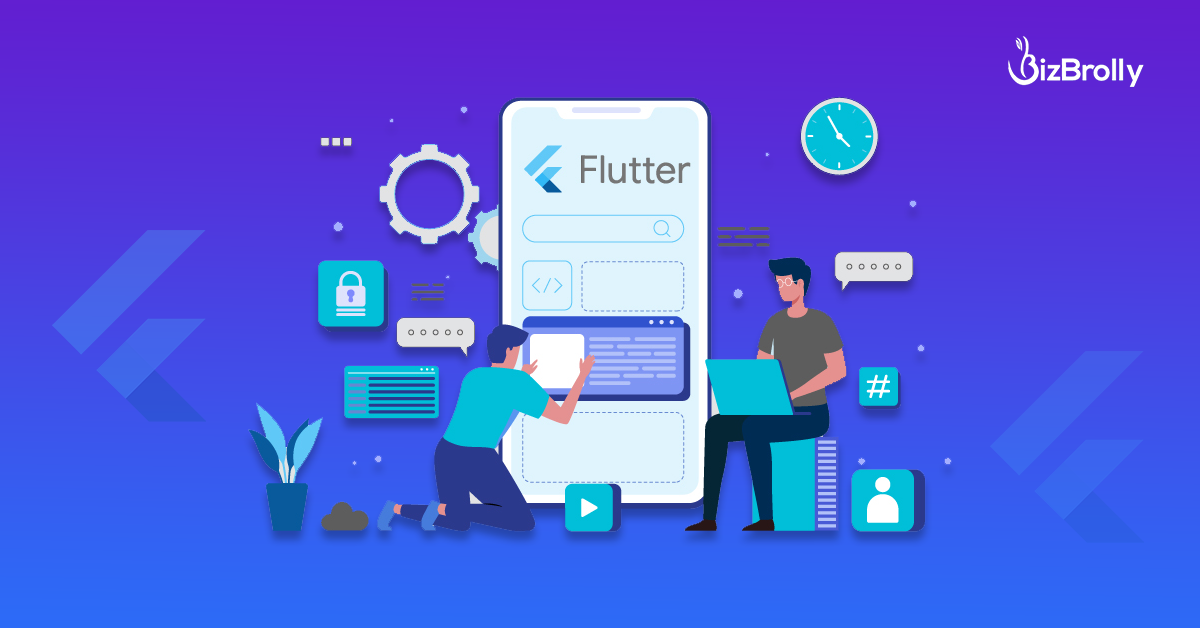
Flutter is the most widely used cross-platform UI toolkit for developing natively built applications. Flutter’s greatest strength is that it is more than simply a Google product, and anyone may benefit from its success. Anyone can help to unlock the power of this open-source platform by donating code, creating packages that support the core framework, producing documentation and tutorials, and many other ways.
Fresh inputs for platform-specific integration, interactive models for compilation to develop support, enable accessibility, and internationalisation are among the new Flutter 3 features. The update’s goal is to give users more options for using the operating system and sharing the best user interface and logic possible. Beyond rendering pixels, Flutter’s latest capabilities cater to platform support.
The shift to Material Design 3, a Google in-house design language, is one of the top highlights in our what’s new in Flutter 3 conversation. The Flutter team has created a flexible cross-platform design system to help you turn your Flutter app into a stunning interactive experience.
To assist you in operating, producing, and publishing your Flutter apps, you’ll need a full collection of tools. Data storage, authentication, device testing, and cloud functionality are examples of these services. Firebase, AWS Amplify, Sentry, and AppWrite are just a few of the third-party connections available in Flutter. Google’s backend platform for building mobile and online applications is called Firebase.
This time, the Flutter team has focused on casual gamers, releasing a simple casual games toolkit. It comes with a beginning set of templates, ad credits, and cloud services.
Bonus Tip: The Games doc page on Flutter can help you create games.
Mobile app development is a tough nut to crack. After understanding what you need to create and for that you need to choose a mobile app development company. Choosing mobile app development services is not easy. There are various parameters you need to compare and analyze. BizBrolly is one of the top Mobile App Development Company in Noida known for their intuitive UI and great Backend development processes.
What is different in Flutter 3? Foldable mobile devices are included in the brand-new Flutter release. On foldable devices, new widgets and functionalities allow you to create dynamic and enticing eye experiences. This feature was created in partnership with Microsoft.
On iOS devices, such as the iPad Pro and iPhone 13 Pro, the new Flutter version supports variable refresh rates and ProMotion displays.
The rendering capabilities has been expanded to include refresh rates of up to 120 Hz, which was previously limited to 60 Hz. When watching quick animations, the user can enjoy a smoother scrolling experience.
The current Flutter 3 release includes new APIs for asynchronously decoding pictures off the main thread. This is accomplished using the browser’s built-in image codecs. This feature speeds up decoding the image by 2x, guaranteeing that the main thread is never blocked and eliminating the garbage that has accumulated in the past.
Flutter’s engineering team has taken performance enhancement to the next level by benchmarking to assess the advantages of optimization. Most crucially, the opacity animation performance for simple case scenarios has been enhanced. When an Opacity widget contains only one rendering primitive, the saveLayer method is normally ignored and Opacity is called instead.
The Flutter 3 version adds a technique that forecasts and estimates the rendering picture complexity depending on the cost of drawing operations.
This is a technique for reducing memory usage without affecting Flutter app performance.
Here are some more Flutter ecosystem updates selected especially for you!
Theme extensions allow you to add anything to the material library’s ThemeData. You can use ThemeData.extensions instead of extending ThemeData and reimplementing copyWith, lerp, and other methods.
Flutter 3 complies with the publisher’s standards for personalising advertisements and adhering to Apple’s App Tracking Transparency (ATTT) guidelines. The former open-source Consent SDK has been replaced by a Google User Messaging Platform (UMP) SDK.